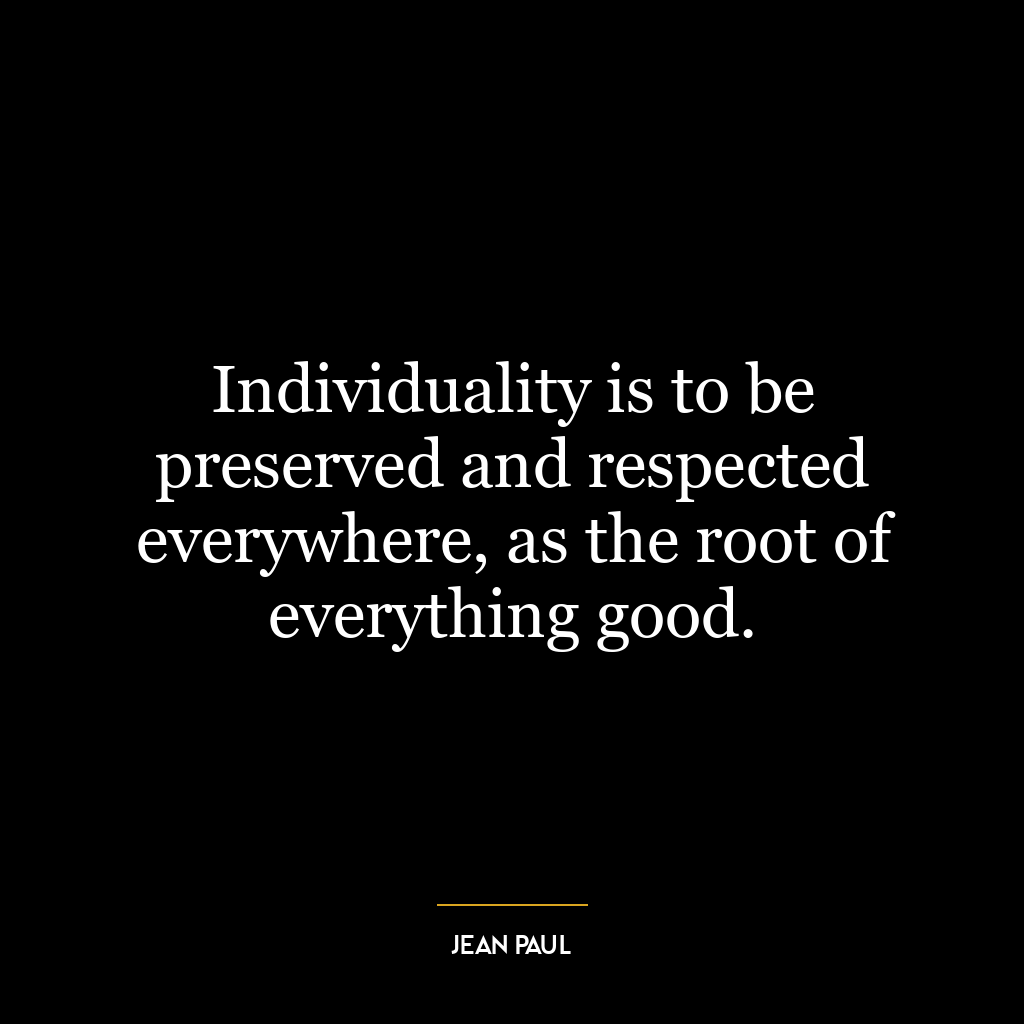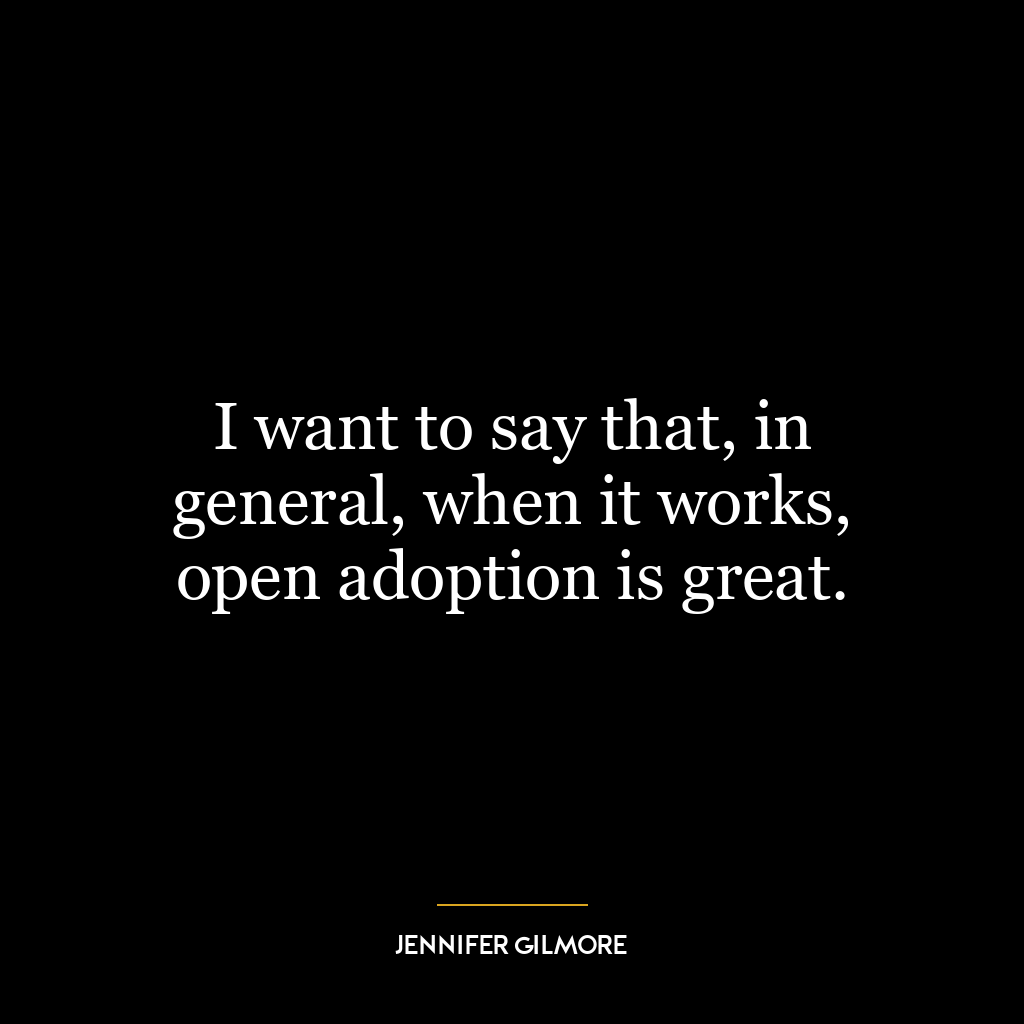And if we are good, we are beneficent: for all good things are beneficial. Are they not?
Plato’s quote essentially asserts that if a person is truly good, then they are beneficial or benevolent to others. This is because all good things inherently possess a beneficial quality. The question at the end, “Are they not?” invites the reader to ponder on this statement and evaluate its truth in their own life.
Let’s dissect this further. The first part, “And if we are good, we are beneficent,” suggests that goodness is not a passive quality. It is not enough to simply avoid doing harm. To be truly good, one must actively do good for others. This is where the concept of beneficence comes in. Beneficence refers to actions that promote the well-being of others. In this context, it implies that goodness must be outwardly directed. It’s not enough to be good in isolation; one’s goodness must be shared and contribute to the welfare of others.
The second part, “for all good things are beneficial,” underscores the inherent value of goodness. According to Plato, goodness is not just a moral quality but also a practical one. Goodness leads to benefits—not just for the individual who possesses it, but for everyone around them.
Applying this idea to today’s world, it can be seen that individuals who are truly good seek to benefit others through their actions. They are not content with simply not causing harm; they actively strive to make a positive impact. This might be through volunteering, donating to charity, or simply helping a neighbor in need.
In terms of personal development, this quote suggests that striving to be good is not just about personal morality. It’s also about how we contribute to society. Personal development, therefore, should not just be about improving ourselves, but also about improving the lives of others. This could be through developing skills that allow us to help others more effectively, or by cultivating a mindset of generosity and compassion.
In conclusion, Plato’s quote emphasizes the active, outward-facing nature of goodness. It’s a call to action for us to not only be good, but to do good in the world.










